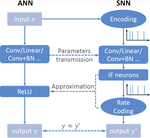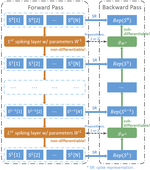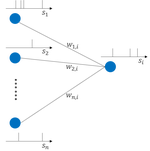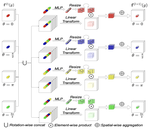Biography
I am a Tenure-track Assistant Professor (Ph.D. Advisor) in Department of Machine Intelligence, School of Electronics Engineering and Computer Science (EECS), Peking University. I am also a faculty member of ZERO Lab at Peking University led by Prof. Zhouchen Lin.
I got my Ph.D. degree from Department of Computer Science and Technology, Tsinghua University. I have visited Georgia Tech, USA, hosted by Prof. Le Song and Prof. Hongyuan Zha, and The University of Melbourne, Australia, hosted by Prof. James Bailey.
My research interests broadly include the theory and applications of machine learning and deep learning. Please check my recent publications to know more.
We are always actively recruiting postdocs, interns and prospective graduate students! Welcome to send me your detailed CV and Research Statement!
















